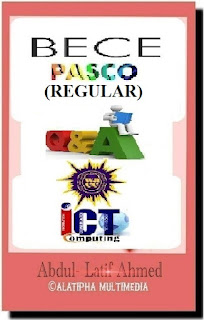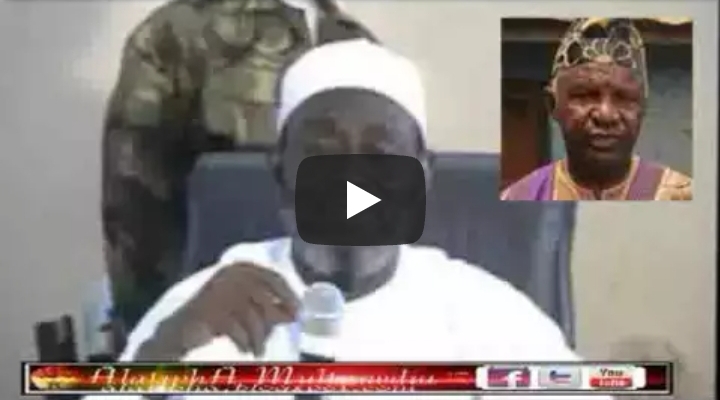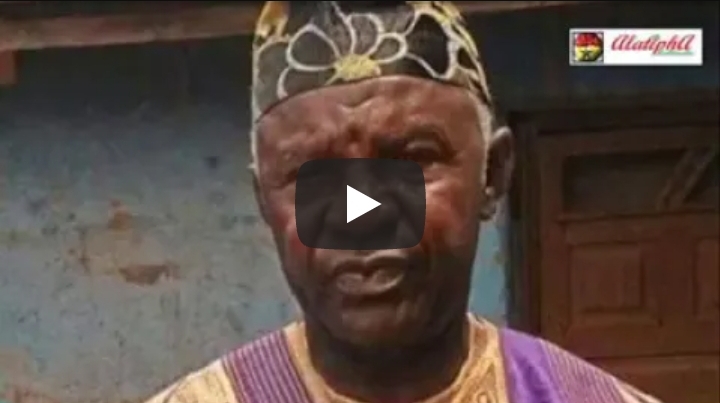Mind your own business (Dzi Wo Fie Asem)
“Let me dare say that the current state of rhetoric in the public sphere is a cause for alarm. Regardless of the real intents of the prevailing party slogans, I dare say the establishment of a "heroes fund" by one party and the adoption of an "all die be die" slogan by another, are all bad news for peace and democracy. They are liable to interpretation as institutional preparation for lawlessness, hooliganism and civil strife in election 2012. Indirectly however, they both constitute an indictment on a partisan state security that cannot even-handedly discharge their constitutional obligation of protecting life in a State that appears to lack a reliable mechanism for non-partisan celebration of national heroes leaving this to the capricious designs of individual parties”.
“Let the presidency, let the Council of State, the national House of Chiefs, the various religious bodies and civil society groups not sit aloof and supervise these open preparations for war. Let them rise to the occasion and speedily intervene, calling on both sides to pullback the rhetoric of war, with the assurances that the President is in firm control of the ship of State or rather the Yutong Bus and assurances that mechanisms will be put in place to ensure free and fair elections. The elder that looks on while innocent children make a meal out of a python snake is not spared when eaters of python meat are being reprimanded”
“The trend of public communication appears to have reached its peak from January, 2011, after the President articulated the “Dzi Wo Fie Asem” adage, which has since remained a major topic in domestic and foreign affairs. The proverb and its interpretations have broader implications for political communication; it touches on the general principles of political persuasion, aesthetics of indigenous rhetoric, the framing of our foreign policy as well as the political exploitation of ambiguity in proverb meaning”.
“Political discourse encourages ingenuity in the use of adaptive metaphor and allegory, thereby demonstrating the dynamics of cultural and literary experience. Even though Governance is sometimes depicted as a social experience on the Animal Farm and occasionally as a journey, one hardly expected that a passenger bus called Yutong, an innocuous Korean import would ever be sprayed in political colour. The import of the allegory was not lost on idiom- sensitive public. Any reference to the Yutong Bus these days is presumed to be a political allusion”.
“To these devices may be added a rich armoury of what I call rhetoric mobilization which compels social and political groups to craft slogans and verbal formulae to mark their unique identities and constitute a rallying cry for political action. Party slogans creatively composed and deployed exemplify this. But in recent times, the verbal formula “all die be die” stands out as the most controversial expression that has attracted a variety of interpretation".
“The winner takes all mentality as well as an emerging politics of intolerance threatens to denigrate our social values of communication leading to a creeping culture of combative discourse and the celebration of verbal abuse and invectives on decent political platforms. The outcome has been a
perception that rationality in public debate is diminishing with time. Subject specialists and experts who would have enriched the quality of public discourse now seek to standardize noisy argumentation as cherished values. This has also triggered a swat of ill-prepared spokesmen and communication functionaries who unleash Babel of tongues at the least opportunity and end up polluting public space”.
“Perhaps it’s not too late for spokesmen and all speaking agencies of Government to reflect over the serious business of government before making public utterances”.
Source: citifmonline.com

.png)





























Comments
Post a Comment